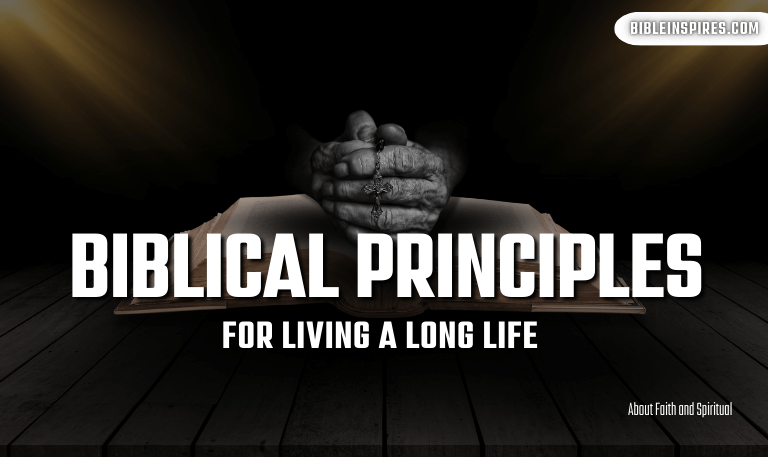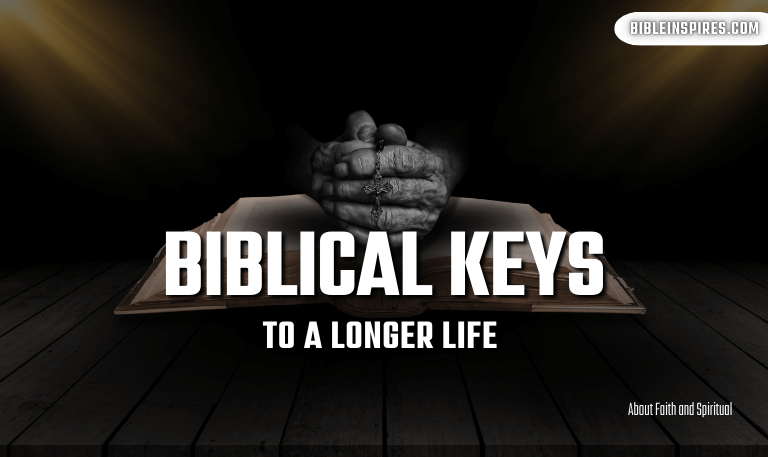The Bible is arguably the most influential and widely read book in human history. For centuries, it has shaped cultures, inspired countless works of literature, and guided spiritual lives around the globe. Yet, a surprisingly complex question arises when it comes to its copyright: Who owns the copyright to the Bible?
The answer isn’t straightforward. It varies depending on which Bible version or translation you’re talking about, the jurisdiction, and the nature of copyright law itself. This article will provide a detailed, authoritative explanation of Bible copyright ownership, help you understand which versions are free to use, and clarify the legal landscape surrounding the Bible’s text.
What Is Copyright and Why Does It Matter for the Bible?
Before exploring Bible-specific copyright issues, let’s clarify what copyright means in general terms.
Copyright is a form of legal protection granted to original works of authorship — including literary works like books, music, films, and software. It gives the creator or rights holder exclusive control over reproduction, distribution, and adaptation of their work for a specific period.
Copyright does not protect facts or ideas but rather the expression of ideas.
Copyright expires after a set time, often the life of the author plus 70 years (varies by jurisdiction).
Once expired, works enter the public domain, becoming free for anyone to use.
When applied to religious texts like the Bible, copyright law becomes more nuanced because:
The original biblical manuscripts are ancient and in the public domain.
Modern translations, editorial notes, formatting, and digital editions can be copyrighted.
Different versions may have varying copyright holders and licensing rules.
Understanding these details can help you avoid legal pitfalls and respect intellectual property rights.
Read Also: Allah Vs God
A Brief History of the Bible and Its Texts
The Bible is a collection of religious scriptures divided into the Old Testament (Hebrew Bible) and the New Testament, written over centuries in Hebrew, Aramaic, and Greek. The earliest manuscripts date back thousands of years.
Original texts are ancient and not subject to copyright due to their age.
What we read today are translations, adaptations, and compilations.
Over time, many versions and translations have been produced — each with its own copyright considerations.
Who Owns the Copyright to the Original Biblical Texts?
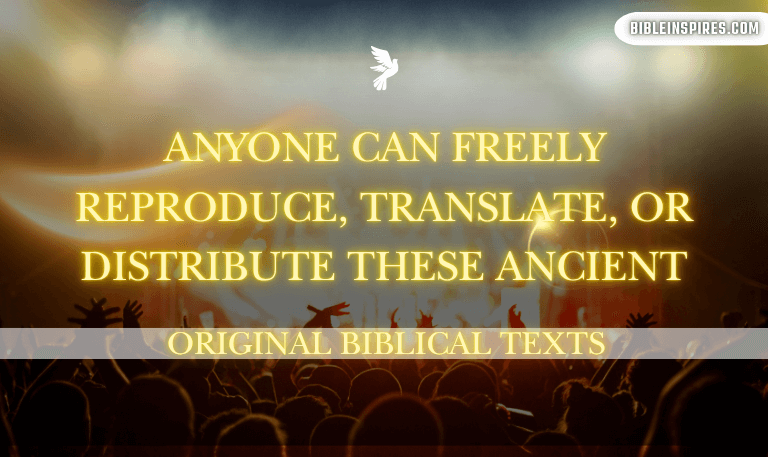
Short answer: No one.
The original manuscripts and ancient versions of the Bible are in the public domain. This means:
The texts are old enough that copyright protections have expired long ago.
Anyone can freely reproduce, translate, or distribute these ancient texts without legal restrictions.
Examples include the Septuagint, Masoretic Text, and Textus Receptus.
Because of this, scholars, publishers, and organizations can build on these ancient texts without infringing copyright — but…
What About Copyright on Bible Translations?
This is where copyright ownership becomes relevant.
While the original biblical texts are public domain, the modern translations are original literary works and thus protected under copyright law.
Why are translations copyrighted?
Translators add original expression by choosing specific words, phrasing, and style.
Translators invest time and resources, justifying legal protection for their work.
Copyright on translations protects against unauthorized reproduction or modification.
Examples of Copyrighted Bible Versions and Their Owners:
| Bible Version | Copyright Owner / Publisher | Notes |
|---|---|---|
| King James Version (KJV) | Public Domain | Oldest popular English version; copyright expired |
| New International Version (NIV) | Biblica, Inc. | Active copyright; requires permission for use |
| English Standard Version (ESV) | Crossway, a division of Good News Publishers | Copyrighted with licensing terms |
| New Living Translation (NLT) | Tyndale House Foundation | Copyrighted; usage restrictions apply |
| New American Standard Bible (NASB) | The Lockman Foundation | Copyrighted; permissions required |
If you want to use modern Bible translations, always check the copyright terms.
Many publishers require licenses or restrict commercial use.
Some versions offer free or minimal restrictions for non-commercial or personal use.
Public Domain Bible Versions You Can Use Freely
Some Bible translations are old enough or intentionally released into the public domain, making them free to use:
King James Version (KJV): Published in 1611; fully public domain.
American Standard Version (ASV): Published 1901; public domain.
World English Bible (WEB): Modern revision, public domain.
Douay-Rheims Bible: Catholic translation, public domain.
Using these versions can avoid copyright concerns, especially for websites, apps, or printed materials.
Copyright Duration and Expiration for Bible Texts
Typical copyright duration in the U.S. and many countries:
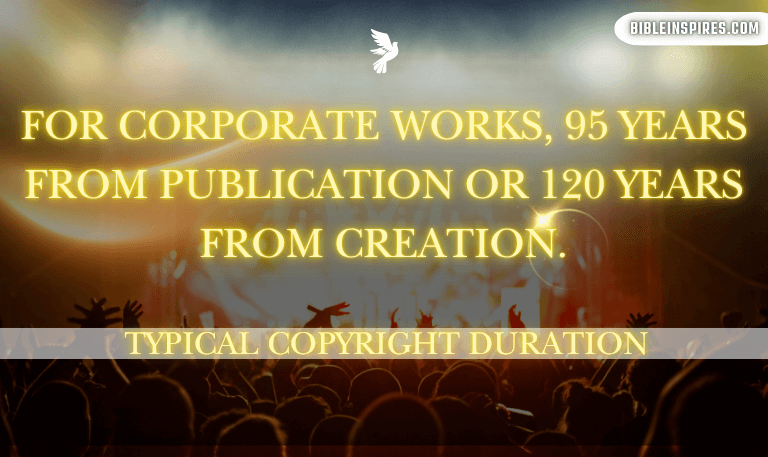
Life of the author plus 70 years (for individual authors).
For corporate works, 95 years from publication or 120 years from creation.
Bible translations published more than 95 years ago are typically public domain.
Because Bible translations are often corporate or committee works, copyright may last longer.
Licensing and Permissions for Using Bible Texts
If you want to use copyrighted Bible translations, consider:
Obtaining a license from the copyright holder or publisher.
Checking usage terms for websites, apps, books, sermons, or videos.
Some publishers offer free licenses for personal, non-commercial use.
Others require payment or restrict derivative works.
Examples:
NIV License: Requires permission for use beyond minimal quotations.
ESV License: Crossway offers free online use with attribution but commercial use requires license.
Always read and comply with copyright and licensing agreements to avoid legal issues.
Copyright Disputes and Legal Cases Around Bible Versions
There have been notable cases concerning Bible copyright, especially involving digital reproduction and app development:
Scrivener Publishing vs. Bible app developers over unauthorized use.
Disputes on derivative works (e.g., modified text or study editions).
Lawsuits highlight importance of respecting copyright terms and licensing.
Digital Age and Bible Copyright
With widespread digital distribution, copyright compliance is more critical:
Many Bible apps negotiate licenses to legally display copyrighted versions.
Open-source and Creative Commons licenses have emerged for Bible translations, increasing accessibility.
Some Bible projects encourage free sharing under specific terms (e.g., Open English Bible).
Moral and Ethical Considerations
Given the Bible’s spiritual importance, some debate if copyright restrictions hinder access to sacred texts:
Supporters of copyright argue it ensures quality translations and protects translators’ rights.
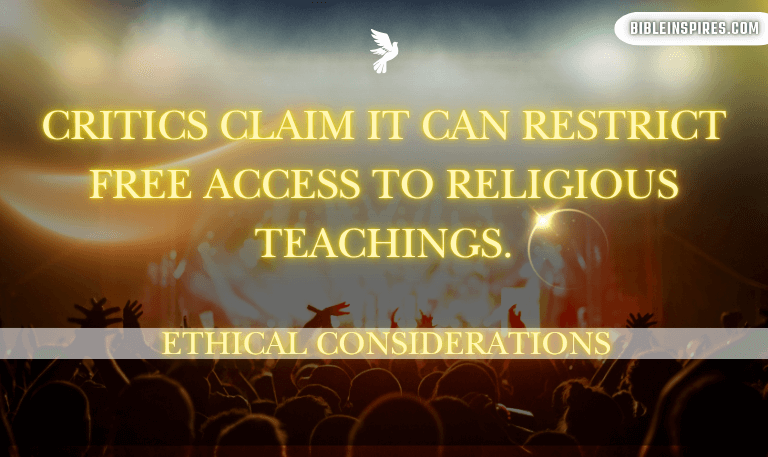
Critics claim it can restrict free access to religious teachings.
Some publishers balance this by offering free or low-cost licenses for educational and religious use.
Who Owns the Copyright to the Bible?
| Aspect | Ownership Status |
|---|---|
| Original biblical texts | Public domain; no copyright owner |
| Modern translations | Copyrighted; owned by publishers or translation committees |
| Digital and study editions | Often copyrighted with licensing |
| Public domain versions | Free to use without restrictions |
Who Owns the Copyright to the Bible FAQs
Q: Is the Bible copyrighted?
A: The original Bible texts are public domain, but many modern translations are copyrighted.
Q: Can I print and distribute copies of the Bible freely?
A: You can print public domain versions (e.g., KJV) freely, but copyrighted versions require permission.
Q: Which Bible versions are free to use?
A: King James Version (KJV), American Standard Version (ASV), World English Bible (WEB), among others.
Q: Can I use Bible verses on my website without permission?
A: Small quotations are generally allowed under fair use, but extensive use may require permission from copyright holders.
Q: Who owns the copyright to the King James Bible?
A: It is in the public domain; no copyright owner.
Q: How long does Bible copyright last?
A: Typically 95 years from publication for corporate works; many older translations are public domain.
Q: Are Bible translations considered original works?
A: Yes, translations involve original expression and are protected by copyright.
Q: Can I legally translate the Bible myself?
A: Yes, but if you want to publish, check laws and ensure your translation is sufficiently original.
Q: What is the difference between public domain and copyrighted Bible texts?
A: Public domain texts are free to use without restrictions; copyrighted texts require permission.
Q: How does copyright affect Bible study apps?
A: Apps must obtain licenses or use public domain versions to legally display Bible texts.
Conclusion
Understanding Bible copyright requires distinguishing between ancient public domain texts and modern copyrighted translations. Whether you’re publishing, developing apps, or sharing scripture, always verify copyright and licensing requirements. By respecting these rights, you help maintain high-quality translations and support the dedicated translators who continue this sacred work.
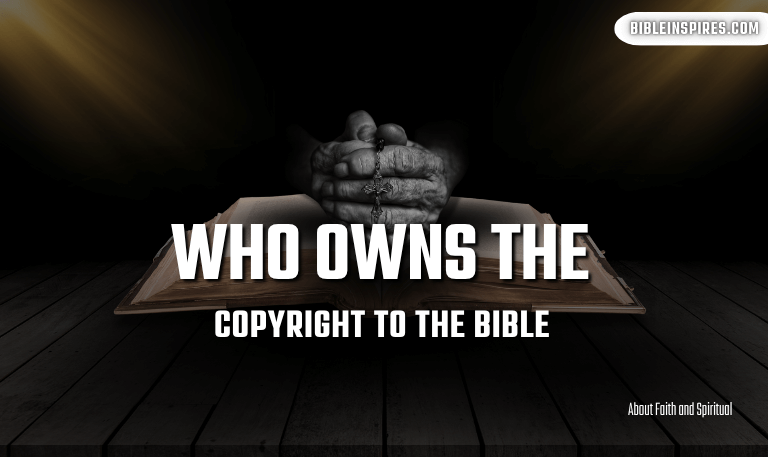
![How to Forgive According to the Bible [2025 Guide] 12 How-to-Forgive-According-to-the-Bible-[2025-Guide]](https://bibleinspires.com/wp-content/uploads/2025/04/How-to-Forgive-According-to-the-Bible-2025-Guide.png)
